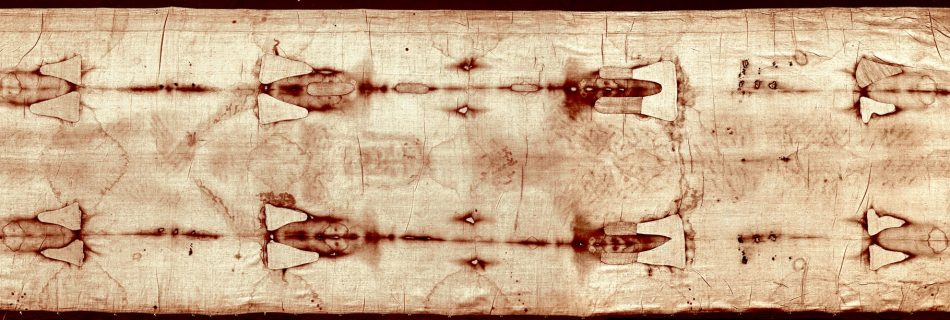Templecombe panel
One evidence the Templars is associated with the TS is the Templecombe panel. It has been reported by Ian Wilson (The Turin Shroud„ Gollancz 1978), and by others like myself who have based their information on Wilson’s account, that a painting of the head of Christ was discovered by accident in an outbuilding in Templecombe …
